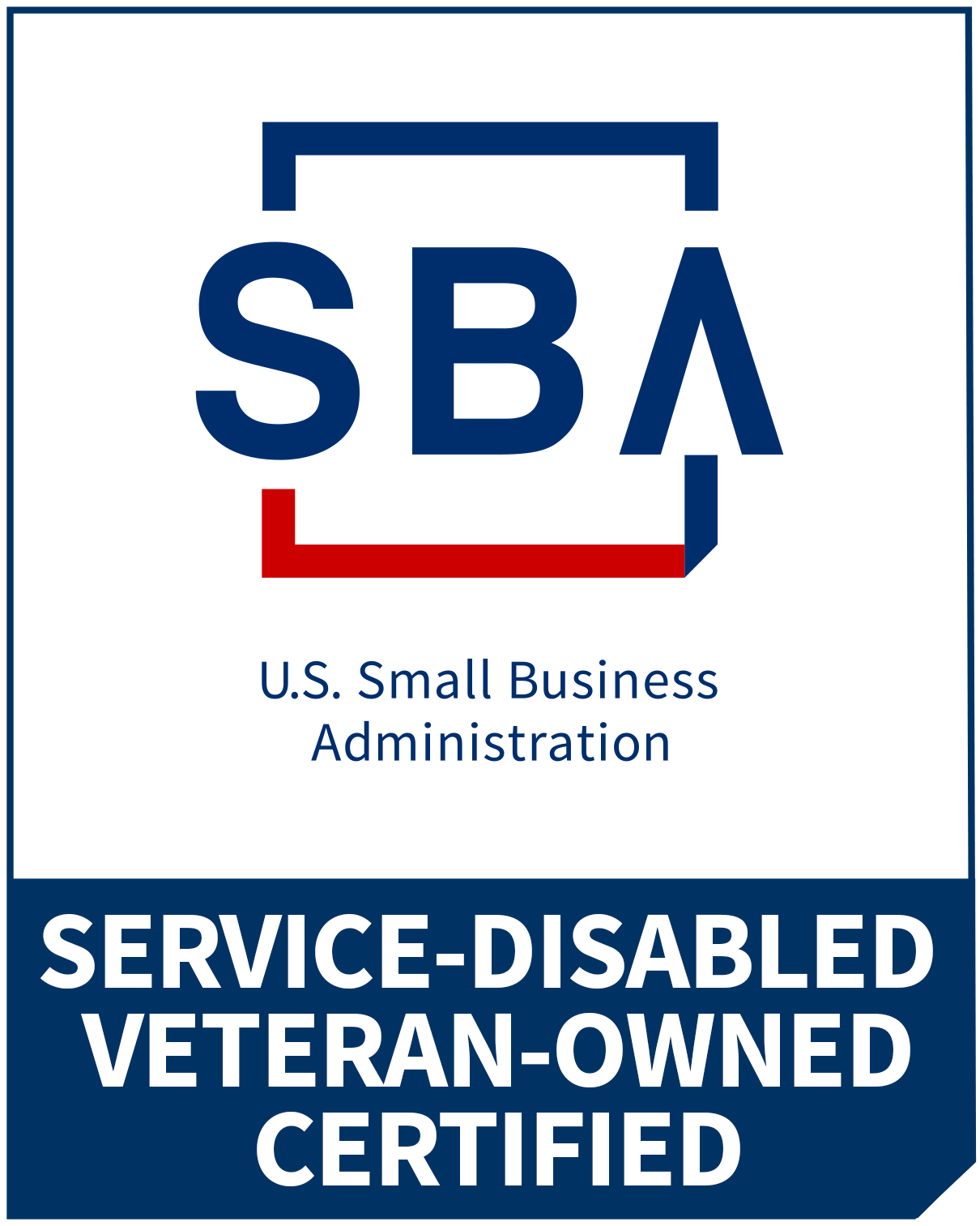I have written previously a couple times about return on investment for CX. In fact, there are volumes of articles and books written about it. It’s almost as though there’s a sense of having to prove ourselves as CX professionals constantly. Now, in previous professional lives I’ve been part of PM teams and Process Improvement teams. Having to justify our existence is something I’ve had lots of experience doing. Sometimes CX feels the same way: we can feel kind of peripheral to the operational or revenue-generating parts of our organizations. And sometimes that catches us off-guard when someone asks us, “So, what are you bringing to the table?”
There’s not one easy answer to that, especially because every company is different. And it’s also fair to say that if the leadership of your organization doesn’t see the intrinsic value of good Customer Experience, you’re fighting an uphill defensive battle in the first place. That’s no excuse not to try to make the case, but it’s important to know where you’re starting and the built-in cultural challenges you’ll face. Again, there’s no silver bullet, but the broad general strokes of the ROI for CX fall really into two categories, as far as I can see:
First, there’s the savings that go along with improving the efficiency and effectiveness of your internal processes. Keep in mind that the entire purpose of your CX function should be based on making it easier and more enjoyable for your Customers to do business with your company. The heart of that effort should be seeking ways in which you’re disappointing your Customers in that realm (through your Voice of the Customer program), and acting on those insights in order to better serve them (usually through Process Engineering efforts). In this way, you’re likely to be seen in a similar light as a Process Improvement team since the work you do will show usually only secondary cost benefits. After all, you’ll be employing and engaging process experts (Lean Six Sigma Black Belts and such), which is an investment on top of your VoC efforts. So it’ll be the same sort of defend-your-existence struggle in that you’ll have to show that the changes you’re making to your processes are not only benefiting the Customers, but also saving your company resources, time, money, materials, or some other important measure of efficiency. Your ROI here is on the cost side, but you have to be vigilant in accounting for it.
The second, other side of the coin is the way in which you can improve revenues with better CX. There are myriad studies that show that Customers who are more satisfied tend more often to show loyalty, spend more, and recommend friends to shop your goods and/or services as well. This is clearly money in the door. Now, it’s not always a direct line between CX and revenues, and a lot of those studies are pretty aggregated in nature. Just because your overall CX (C-SAT, NPS, etc.) gets better at the same time as your revenues doesn’t necessarily indicate a causal relationship. Besides, if things are going well (as revenues are increasing), perhaps all boats are rising and nobody is in a position where they have to defend themselves. But if you can tie out specific Customer feedback with the same Customer’s buying, that’s the key. Nothing speaks more powerfully than proof, and if you can tie (say, through your CRM) evidence that particular Customers take particular actions (that result in more revenues, mind you), there’s a direct impact of that improved CX. That will lend credibility in that instance, but also buy you credibility when you want to expand those efforts to all your Customers and show your worth to the broader organization. Ultimately your Customers will thank you for it: by coming back and further proving your point.
So a good and productive CX effort indeed does have a tremendous ROI, and it does so in the two big parts of finance: driving down costs and improving revenues.




